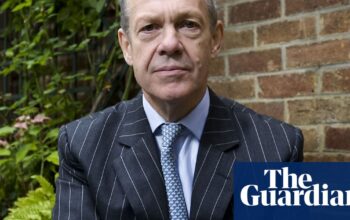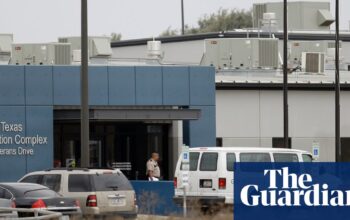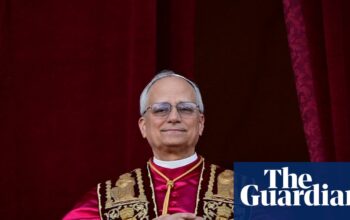
Africa’s fourth most populous country, the mineral-rich Democratic Republic of the Congo, goes to the polls in three weeks’ time with a civil war raging, two international peacekeeping forces starting to depart and an EU electoral observers’ mission quitting after the government refused to let them use their own satellite phones.
In a nation where past elections have been marred by fraud, the odds of preventing incumbent president Félix Tshisekedi from winning a second term rely on the opposition’s ability to come together and support a viable single candidate.
There are a total of 24 individuals running for the position, such as Denis Mukwege, a gynecologist and recipient of the Nobel Peace Prize; Floribert Anzuluni, a former banker turned grassroots advocate; Aggrey Ngalasi, a pastor; Moïse Katumbi, who was prohibited from participating in the 2018 elections by being banned from the country; and Martin Fayulu, a previous oil executive who many believed had the presidency taken from him in 2018.
The competition has only one female participant, Marie-Josée Ifoku. Like most other candidates, she vows to address the issue of a corrupt government. The long-standing problem of corruption involving diamonds in the Democratic Republic of Congo has now also extended to lithium and cobalt, which are crucial minerals for the advancement of green energy.
The incumbent has a significant advantage in a first-past-the-post system when facing a divided opposition. Anzuluni believes that 15 of the candidates were put forward by the current regime. He stated, “It is evident that the opposition needs to form a coalition, but it must be based on shared values and a comprehensive political agenda that addresses a system where politicians view politics as a means for personal gain.” His discussions with civil society indicate that security is the primary concern among voters.
In mid-November, discussions took place in Pretoria among a group of top contenders to determine if they could unite behind one person, but there is currently no agreement.
The prospect of a fair election on December 20th was further jeopardized after the EU declared the removal of their 42-member team of electoral specialists on Tuesday. Led by Malin Björk, a left-leaning member of the European Parliament from Sweden, the mission had tried to introduce their own communication tools and phones, but the government deemed this a violation of protocol.
Six of the main challengers had raised concerns about the close relationship between the independent national electoral commission and Tshisekedi. They also expressed frustration over the slow release of voter lists, numerous faulty ID cards, and inadequate police support during their campaign efforts.
The commission is dedicated to releasing the outcomes of the voting, listing each polling station separately. This will aid party representatives and a politically engaged Catholic church in observing the vote counting procedure.
Voters have valid concerns about the situation. During the 2018 elections, an eager civil society appeared to have seized an opportunity to combat corruption by decisively rejecting Tshisekedi, the handpicked successor of former president Joseph Kabila, and instead supporting Fayulu.
Despite Fayalu’s attempts to challenge the results, Tshisekedi was declared the winner following a supposed agreement with Kabila. Unfortunately, Fayalu’s efforts to dispute the outcome were unsuccessful.
The most recent presidential and local elections occur amidst increased conflict in the eastern region, concerning reports of exploitation in profitable copper and cobalt mines, and the upcoming departure of two peacekeeping groups – the 15,000-member Monuscu UN peacekeeping mission and a seven-nation East African Community force.
The EAC’s term is set to end on Friday, just one year after its initial deployment, which could result in a risky gap in security. The initial Kenyan troops from the EAC mission departed from Goma over the weekend. Monuscu is expected to leave in early 2024.
Tshisekedi expressed dissatisfaction with the EAC’s failure to fulfill its responsibility of pressuring the armed groups in eastern Congo, specifically the March 23 group, to disarm. The DRC believes that Rwanda is providing funding and weapons to the M23. Human Rights Watch has accused the M23 of committing multiple war crimes and has urged for the group and any supporters in Rwanda to be placed on a UN sanctions list.
Fayalu and Katumbi are attracting the most attention from the competing candidates, but it remains uncertain if they will be permitted to emerge victorious, or if the elections will take place as planned.
Source: theguardian.com


